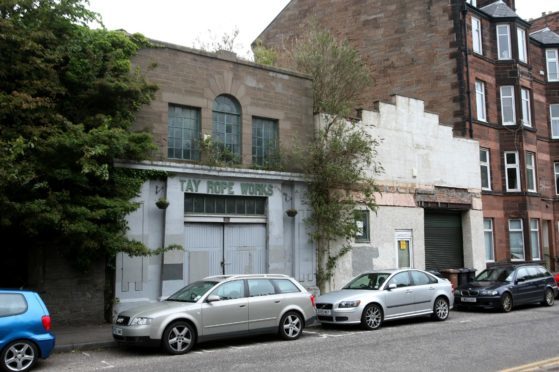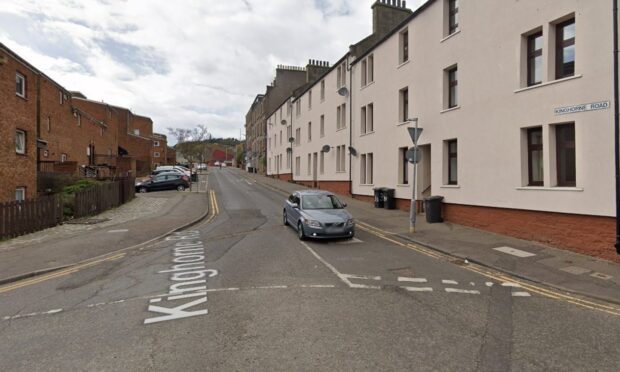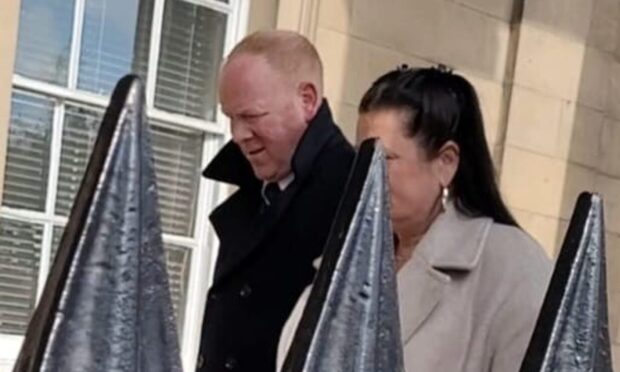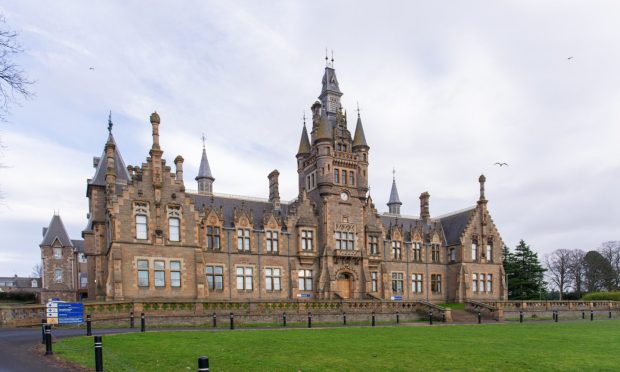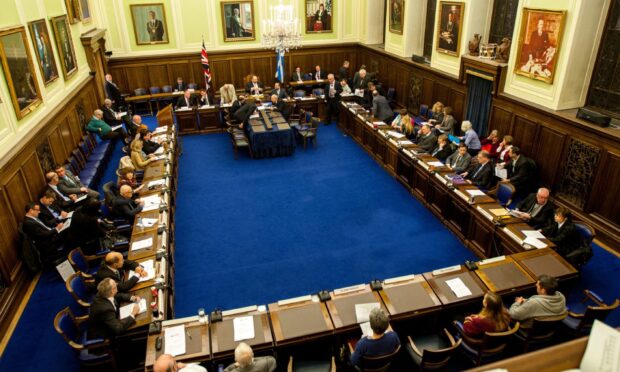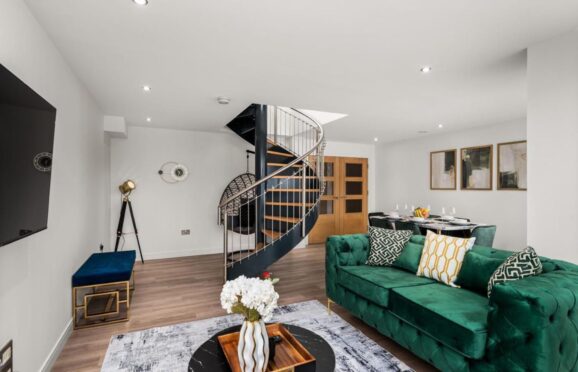Plans to transform two derelict Dundee factories into homes have been resubmitted developers.
Dundee City Council has previously granted planning permission for both the Tay Rope Works in the West End and Burnside Mill in Lochee but no work took place before permission expired.
The first application to turn the former Tay Rope Works into five houses and two flats was submitted by Denholm Architects on behalf of Crieff-based F&H Developments.
They want to demolish and then reconstruct part of the facade of the listed building. Consent for similar plans was granted in 2014 but the conversion never took place.
The Rope Works was founded in the late 18th century, but the older sections towards Perth Road have been demolished.
Another former industrial building in Dundee, Burnside Mill in Lochee could also be turned into flats by Cupar firm AG Akermo and Sons.
Consent for a similar proposal was granted in 2008 but expired before work began.
The new plan would see 39 two and three-bedroom flats with combined kitchen/living rooms created within the old mill.
In addition, the property’s original features would be restored and retained as part of the construction, in a bid to preserve the building’s “gritty industrial feel”.
The developers are also keen to press on with the rejuvenation as soon as possible, due to the fragile condition of the Burnside Street mill.
A statement included with the planning application, prepared by Cupar firm G Paterson Architect Ltd, said: “It is believed that the regeneration of the building should take place as soon as possible, as the fabric is deteriorating.
“This would have huge benefits for the locality, as well as the existing historic building fabric itself.”
Originally constructed in the 1830s, Burnside Mill was a warehouse wing of the Camperdown Works, owned by the Cox Brothers and nicknamed “the world’s greatest jute works”.
It had last been used as a sports centre.
Much of the building has been converted into residential units since its formal closure in 1981.
